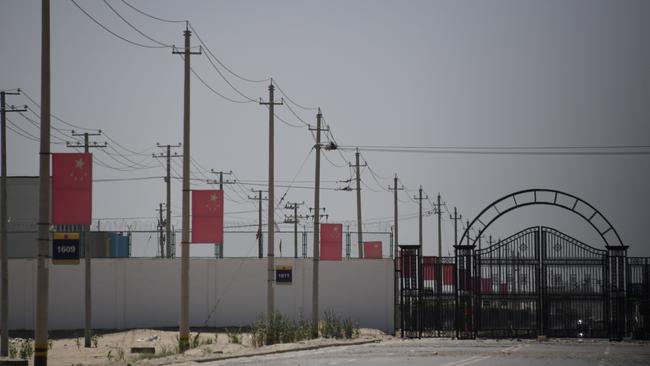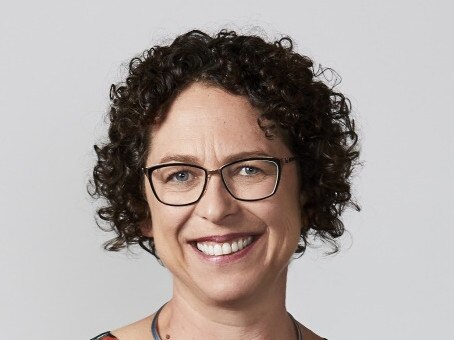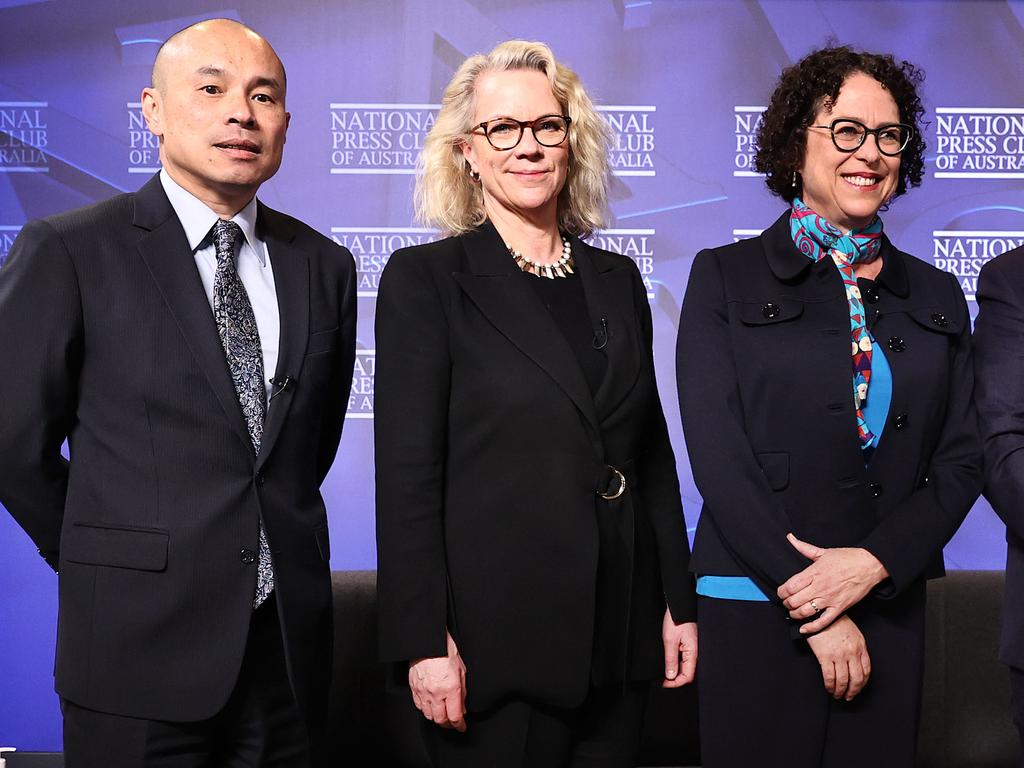Academic’s mea culpa Uighur comments

I am also concerned that my remarks have been misinterpreted by some as a criticism of the academic literature on the topic. This was not my intent. I was sent the anonymous article that I referred to in my speech via a number of Australian China specialists who share my concern that “China debates” in Australia are being stifled: anyone who speaks out about the mainstream, or “dominant”, press narrative is quickly crushed. I have ample personal experience of this, as do a number of my academic colleagues. By referring to this narrative with regard to Xinjiang, I absolutely did not intend to question the scholarly literature that has provided ample evidence of human rights abuses in Xinjiang. And nor did I intend to downplay the significant suffering of individuals who have bravely shared their stories with us.

Instead, my intent was to point out that in an increasingly hostile climate, there are scholars and analysts of all ethnicities here in Australia who feel unable to put their names to what they are thinking: for example, that “genocide” may not be the most accurate term for what is happening in Xinjiang. I am not making this judgment myself — I am not qualified to do so. But I am reading widely and speaking with a range of experts to inform myself about it. And I found the arguments laid out in the paper on that point convincing. I also found the arguments against the “one million” figure and the “pervasive use of forced labour” convincing — or at least plausible enough to warrant further consideration.
This does not mean I think the number of Uighurs suffering is insignificant (a point which extends to other persecuted ethnic minorities in China, including Mongolians and Tibetans, as well). But I think we need to conduct these conversations openly to ensure the best possible outcome for those who are suffering — while also not destroying the livelihoods of those who are not.
The example I used to illustrate this point (in brief) was sanctions. Expanding on this point (as I did on Radio National on the evening of April 21), I’ve been thinking carefully about what would happen if Australia were to apply sanctions on Xinjiang — as Mike Pompeo has encouraged us to do — in response to what he has called genocide. What might this achieve and who might it hurt in return?
My judgment is that it will achieve very little, as the Chinese government will deny that genocide is happening and, accordingly, will not change its position. Instead, sanctions will hurt the many Uighurs who are voluntarily engaged in labour transfers (a longstanding practice in China, not only for Uighurs), while failing to help those who are being forced into labour against their free will. It will likely cause Beijing to retaliate against yet more of our sectors, hurting Australian businesses and workers as well. Academics working on Xinjiang will also be targeted by Beijing’s retaliatory sanctions — as some already have been — further crushing the academic freedom that is so important for understanding the truth about this highly complex issue.
I don’t claim any certainty about the facts that might pertain to Xinjiang. But I think we need to be able to discuss them openly, without being subject to personal abuse. That’s what free speech and academic freedom are all about.
May I point out once again: at no point have I denied that human rights abuses are occurring in Xinjiang, on a scale that is horrifying. I have mentioned these abuses in almost every public forum I have been on in the last three years. I also acknowledged them in my Press Club speech, with reference to the debates needed to ensure that we settle on the best possible course of action to achieve the change that is needed.
I chose my words very carefully, and I thought long and hard about making the comments that I did. Perhaps I should not have used the word “debunk” — “challenge” might have been better. And perhaps I should have said “some” rather than “much” of the dominant narrative is tendentious. Or perhaps, in hindsight, I should not have referred to Xinjiang at all?
But if in making such reference I assist those who are working to improve the plight of the Uighurs, it would be worth all of the Twitter abuse and hate mail I have received as a result. That is why I chose to speak out. I will respect the rights of anyone who disagrees with what I’ve said. I hope in return people will respect my right to speak freely as well.
Jane Golley is the director of the ANU’s taxpayer-funded Centre on China in the World.






The Australian has asked me to amplify my comments at the Press Club last week about Xinjiang. I am extremely concerned that these comments, which were centred on threats to academic freedom and the need to assess the evidence, may have offended the many Uighurs who I have no doubt are suffering at the hands of an increasingly repressive Chinese government.